The Difference Between A Good Question And A Bad Question
A question is only a strategy (for inquiry) and must therefore have a purpose if we want to evaluate its quality.
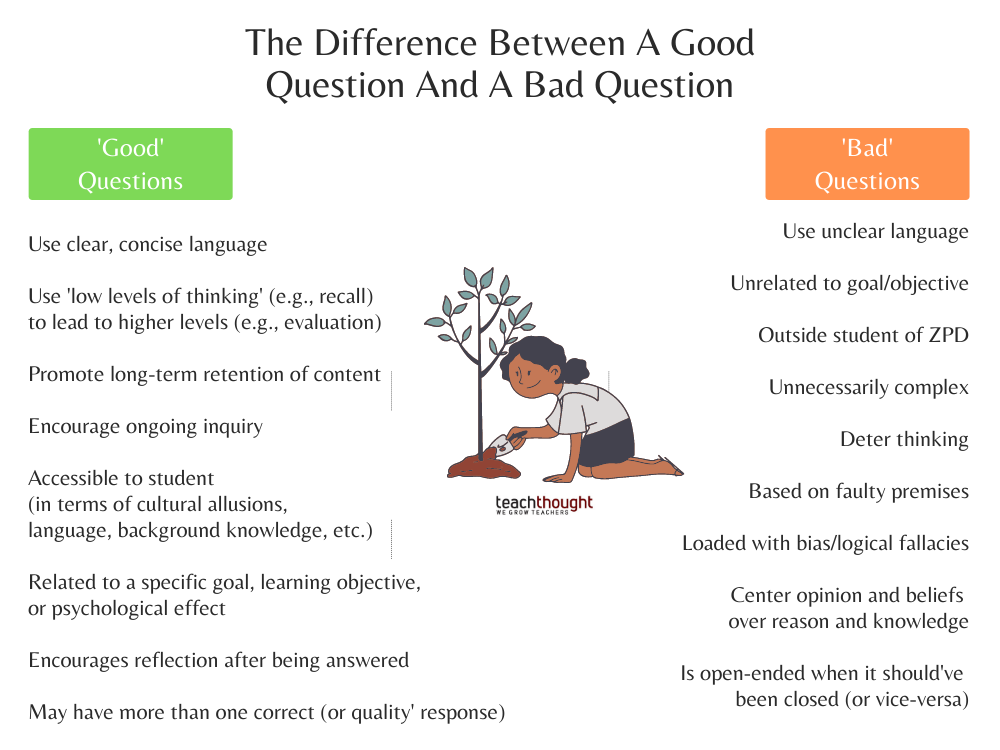
A question is only a strategy (for inquiry) and must therefore have a purpose if we want to evaluate its quality.
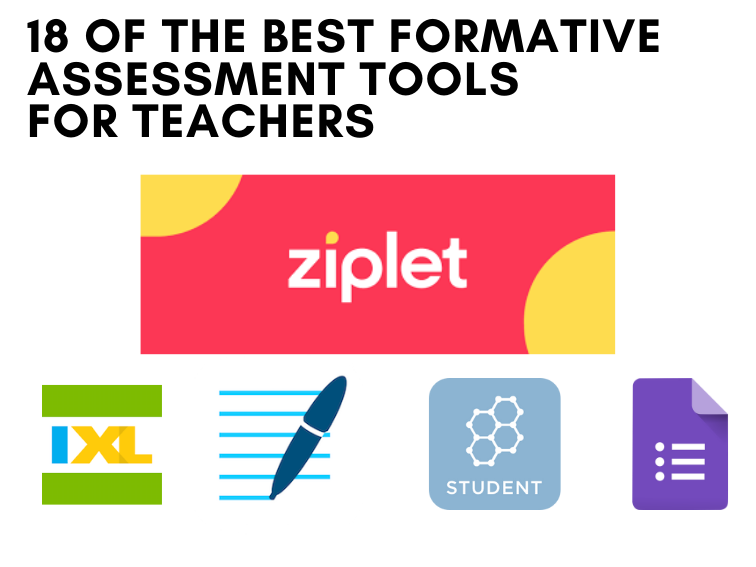
18 of the best formative assessment tools for teachers check for understanding.
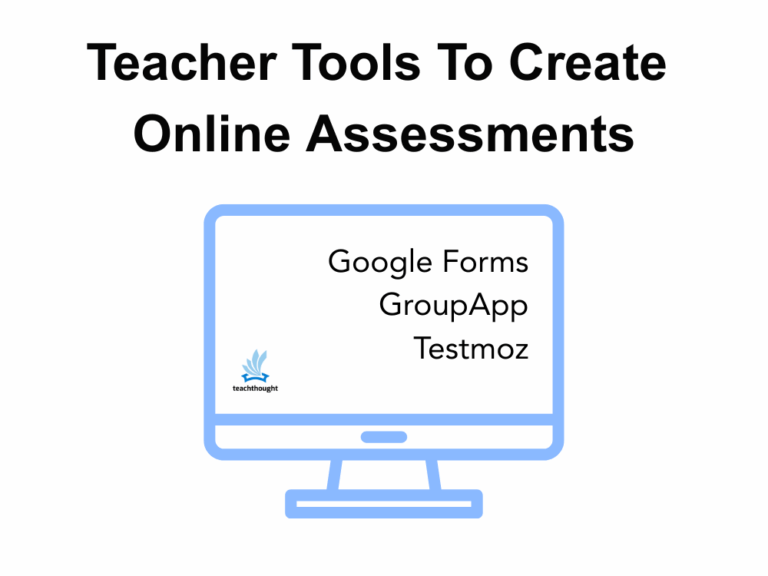
Teacher tools to create online assessments: Google Forms for quick quizzes, Socrative for live checks, and Edulastic for standards-aligned tests.
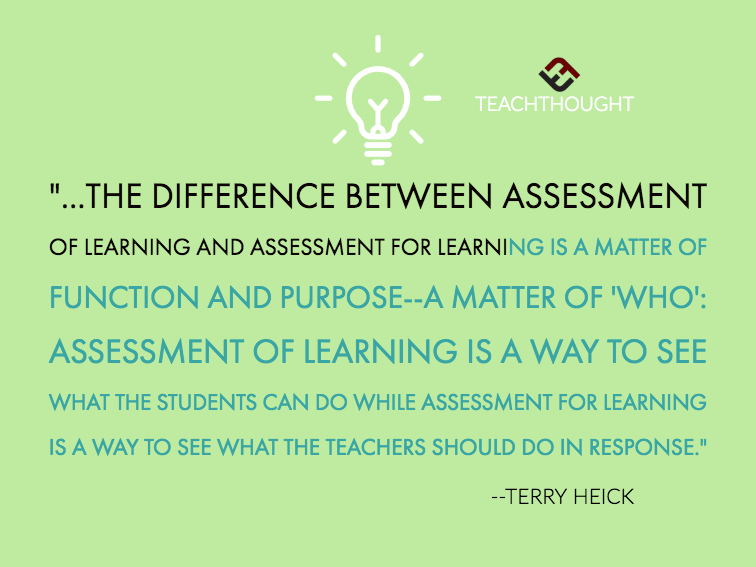
Assessment for learning is commonly referred to as formative assessment–that is, assessment designed to inform instruction.
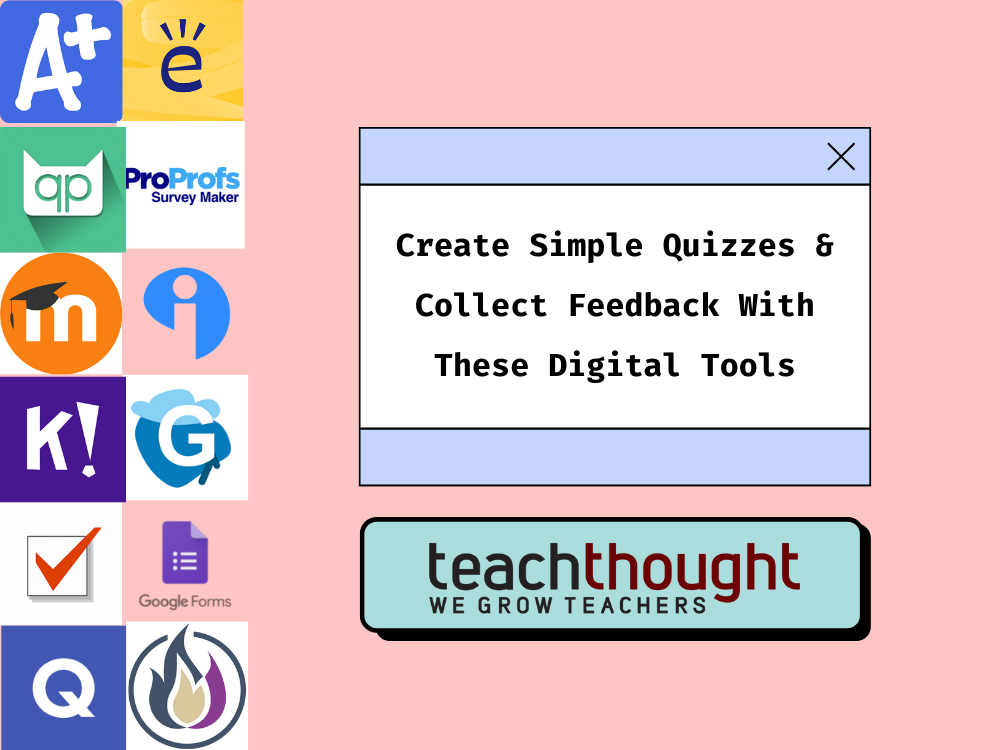
These sites, tools, and apps can save teachers time by allowing them to create simple quizzes and collect feedback from students.
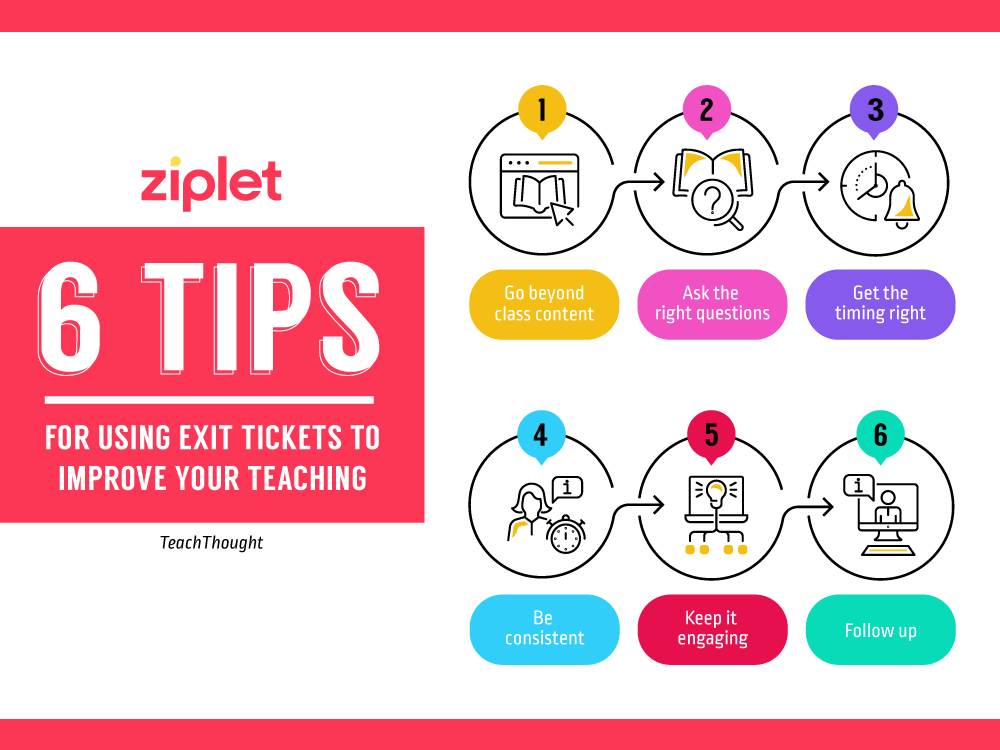
Exit tickets can clarify student proficiency but can be used for more than just on-the-fly formative assessment.
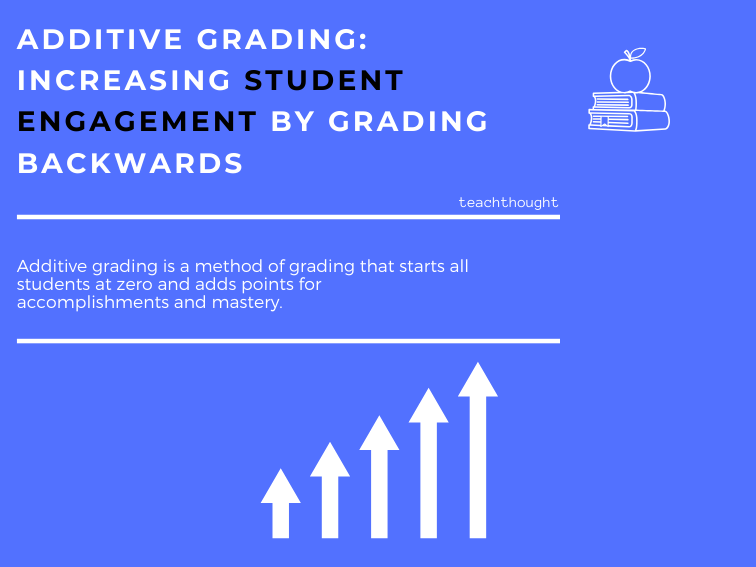
Additive grading is method of grading that starts all students at zero and adds points for accomplishments and mastery.
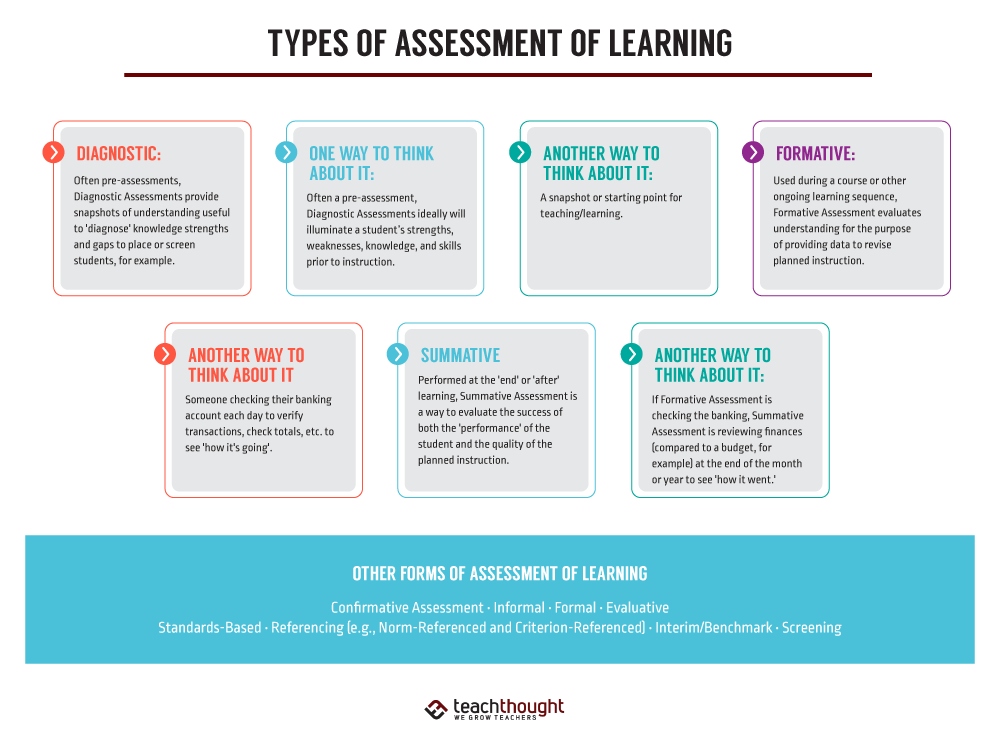
From formative and summative assessment to criterion-referenced and benchmark assessment, each type of assessment has a unique function.
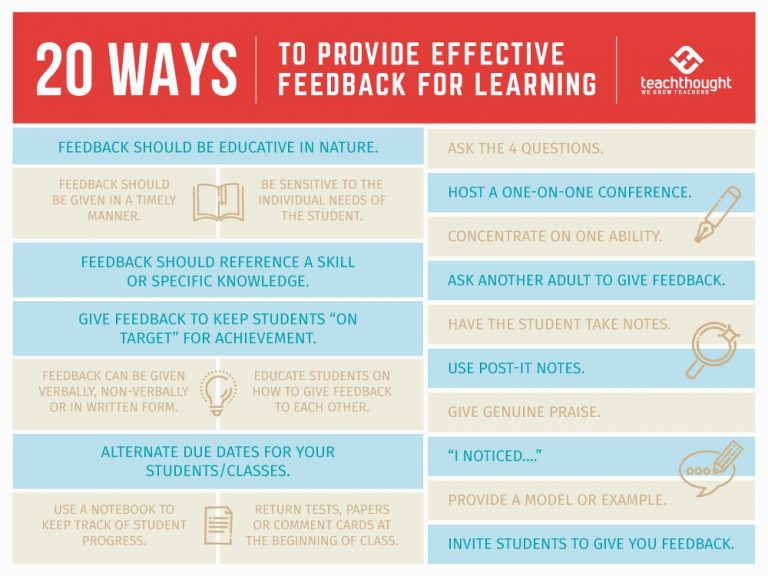
One way to provide effective feedback for learning is a ‘feedback sandwich’ to structure your feedback: Compliment, Correct, Compliment.
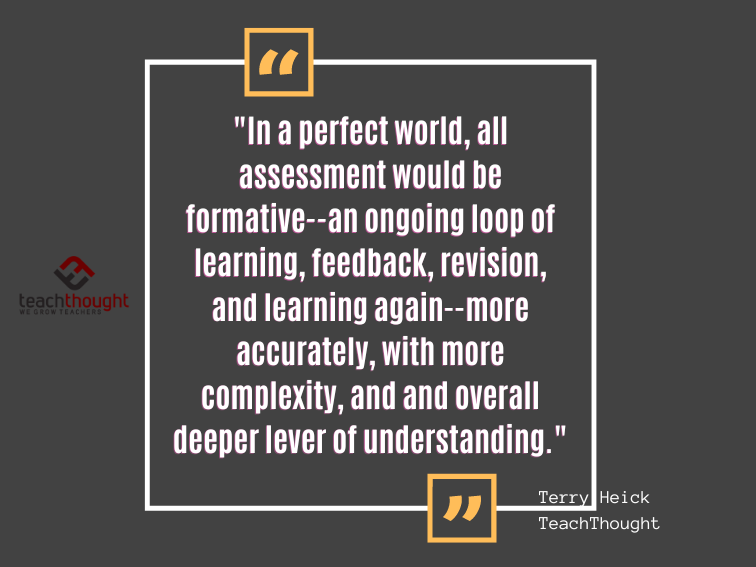
In a perfect world, all assessment would be formative–an ongoing loop of learning, feedback, revision, and learning again.
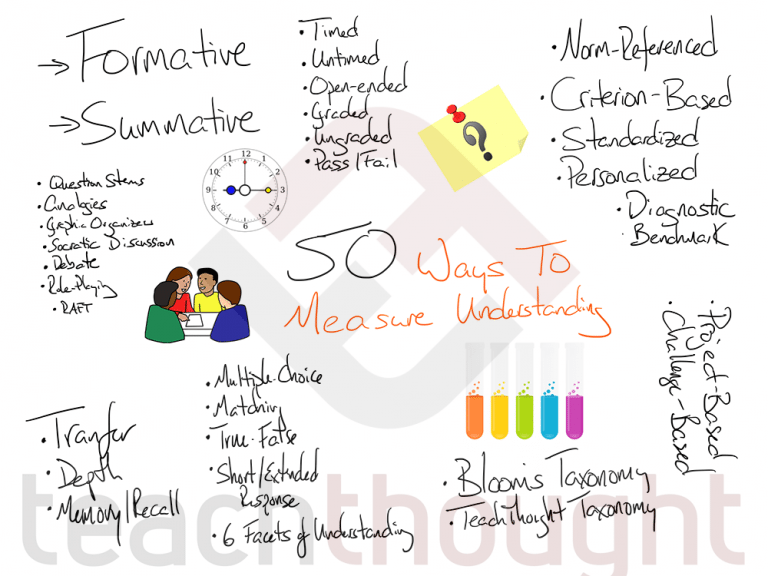
It’s difficult to teach if it’s unclear what students actually understand–and multiple-choice tests aren’t enough. Here are 50 alternatives.
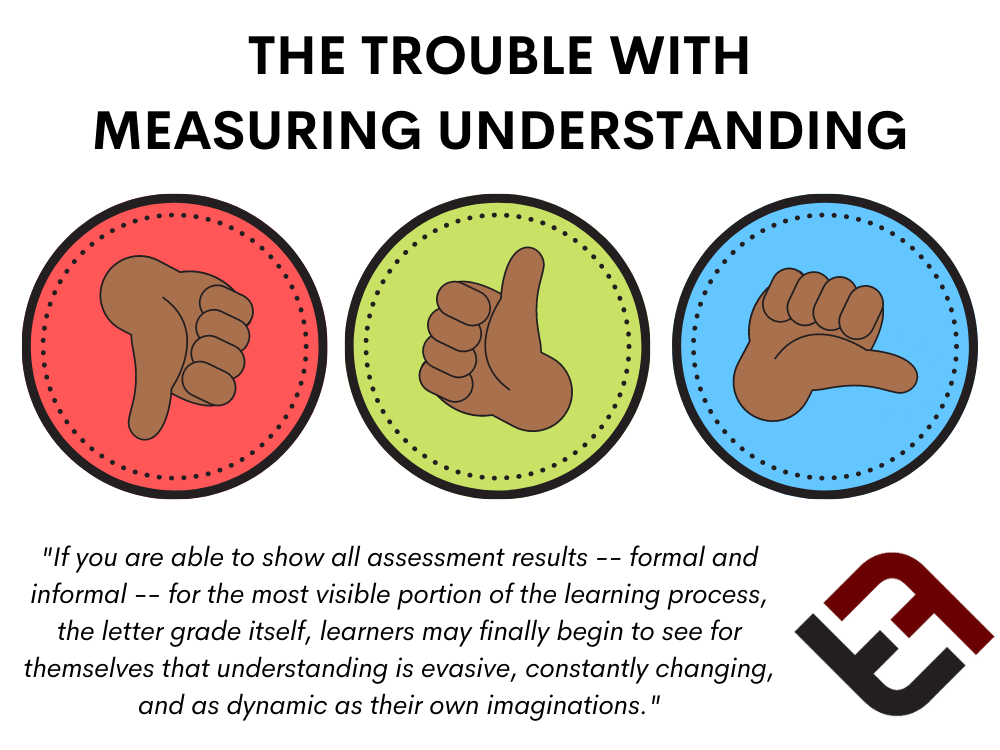
Measuring understanding might be the most complex thing teachers do. Unfortunately, PD gives little attention to making quality assessments.
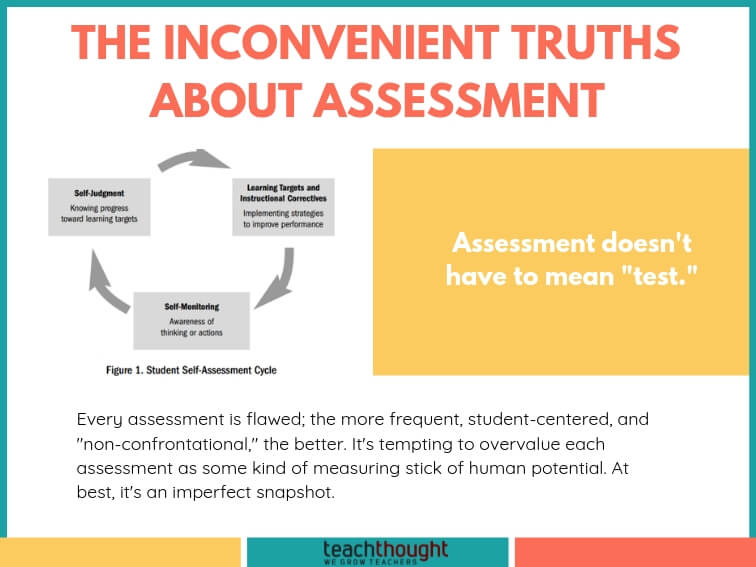
It’s an extraordinary amount of work to design precise and personalized assessments that illuminate pathways forward for individual students.
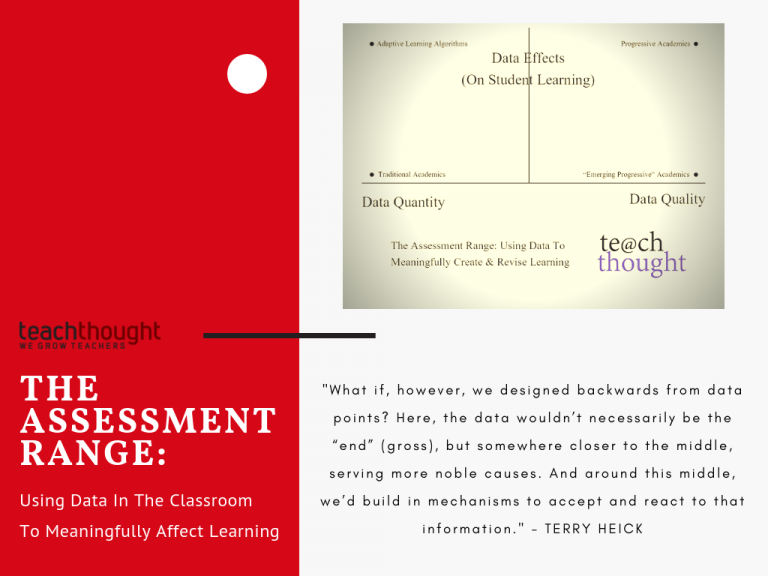
How can you use data to improve your teaching? If you don’t already have a plan for the data before giving the assessment, you’re already behind.